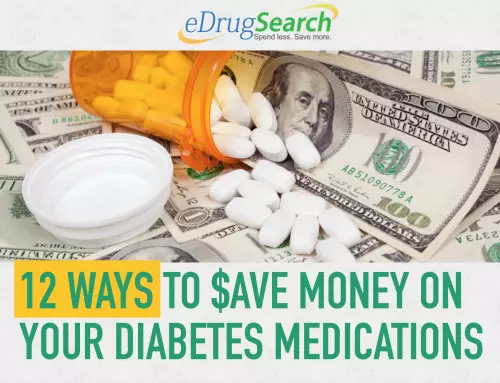Cholesterol medications are taking by millions of people every day with the goal of lowering the level of “bad” cholesterol and increasing the level of “good” cholesterol in the blood. The Mayo Clinic has also indicated that cholesterol lowering medications might decrease the level of triglycerides, which is a type of fat, in the blood. However, these cholesterol medications bring with them potential side effects and everyone who takes them should be aware of these bad side effects.
Types of Cholesterol Lowering Medications
The Mayo Clinic has broken down the types of cholesterol lowering medication into eight subgroups. These are as follows:
- Statins, such as Lipitor and Crestor
- Cholesterol absorption inhibitors, such as Zetia
- Niacins, such as Niaspan
- Fibrates, such as Tricor and Lopid
- Bile acid binding resins, such as Questran and Colestid
- Combination of cholesterol absorption inhibitors and statins, such as Vytorin
- Combination of statins and niacins, such as Advicor
- Omega-3 fatty acids, such as Lovaza
Cholesterol Lowering Medications Side Effects
The cholesterol lowering medications that have the most side effects are the statins. A total of 17% of those taking these cholesterol lowering meds have reported side effects. According to the Mayo Clinic, these side effects include nausea, stomach pain, constipation, diarrhea, cramps, pain, weakness, and muscle soreness. These drugs may also have a negative reaction in those who drink grapefruit juice and the Food and Drug Administration has sounded the warning that taking these drugs might increase the risk of developing Type II diabetes.
The other types of cholesterol lowering medications can also have potential side effects such as: bile acid binding resins can cause constipation, nausea, bloating, gas, and could actually increase the level of triglycerides in the blood. The cholesterol absorption inhibitors could cause stomach pain, muscle soreness, and fatigue. Fibrates could cause stomach pain, nausea, and gallstones. Niacins could cause flushing of the face and neck, peptic ulcers, vomiting, nausea, diarrhea, high blood sugar, and gout. Omega-3 fatty acids could cause increased belching, risk of infection, and fishy taste.
What You Can Do
People with heart disease still need to take statins to help control their cholesterol levels, according to many doctors. However, there are other doctors who believe that a proper diet and weight loss can easily take the place of and offer the same benefits as these medications. If you are taking statins, or another type of cholesterol lowering medication, and are in doubt, then talk to your doctor. Perhaps you are a good candidate for discontinuing the medication and following the proper diet. However, never make these changes without consulting with and gaining the support of your doctor.
If you find you still need to take your cholesterol medication, then you will want to get that medication at the most reasonable price possible. To save between 50%-90% on the cost of all your cholesterol medications, please visit eDrugSearch.com, a free price-comparison engine that has been helping consumers get safe access to affordable medications for over 7 years now.


![[Video] Pharma “Bad Boy” Martin Shkreli Refused to Testify to Congress](/wp-content/uploads/2016/02/Pharma-22Bad-Boy22-Martin-Martin-Shkreli-500x383.png)











Leave a Reply